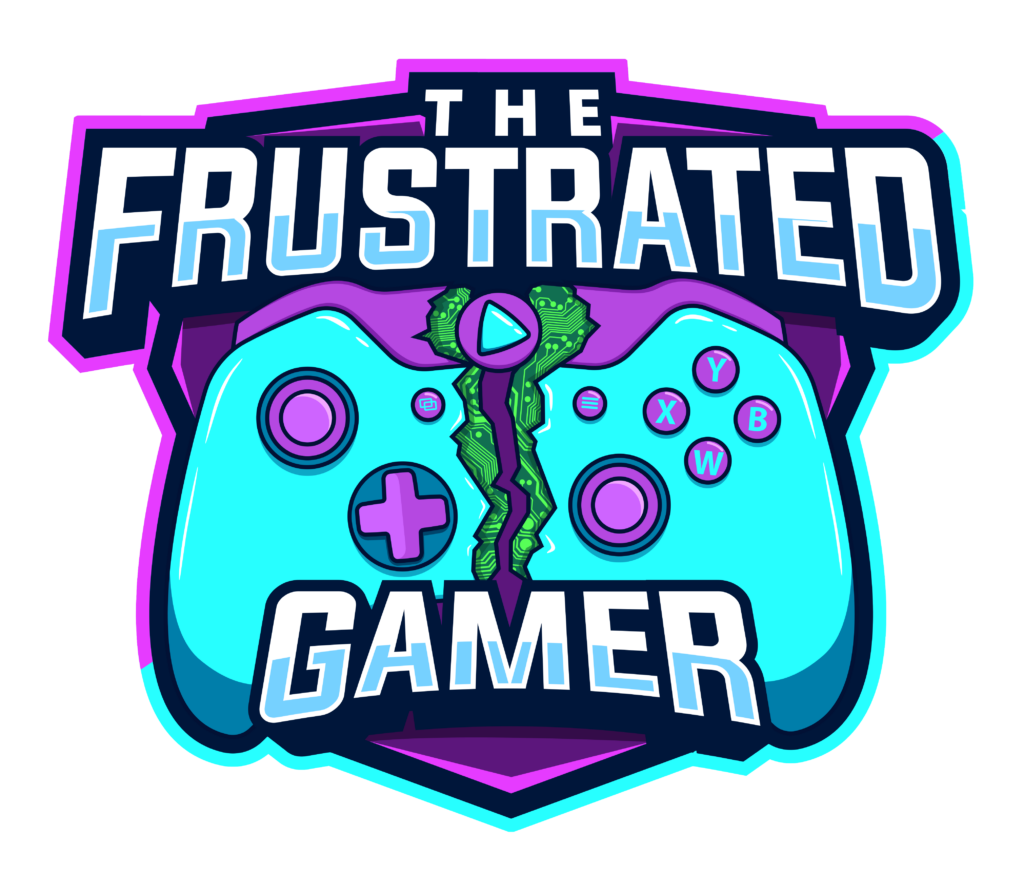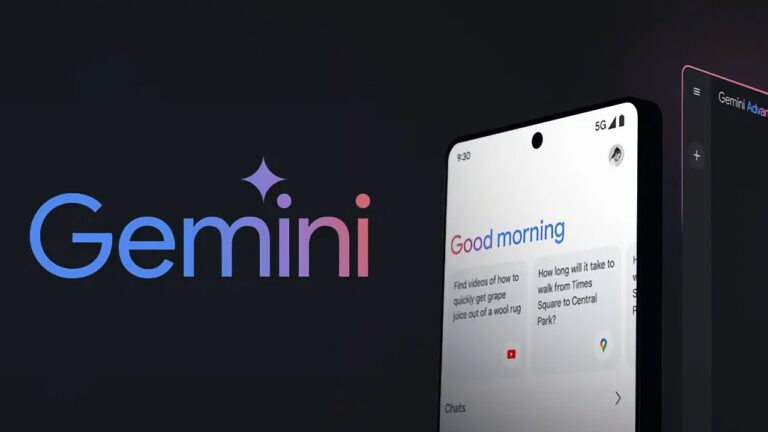
Audience
- Sentiment: Frustrated but hopeful
- Political Group: Neutral
- Age Group: 18-34
- Gender: Male
Overview
- The PlayStation Network outage lasted 24 hours, leaving users unable to access their accounts and games.
- Gamers expressed dissatisfaction with Sony’s compensation of five extra days of PlayStation Plus service.
- The outage highlighted the importance of clear communication and customer value during service disruptions.
The PlayStation Network Outage: What Happened and Why It Matters
If you’re a fan of PlayStation, you might have heard about the recent outage that kept many gamers locked out of the PlayStation Network (PSN) for a whole day. For an online gaming service that players depend on for everything from multiplayer games to downloading the latest freebies, this downtime wasn’t just a minor inconvenience — it was a significant event that sparked a mixture of frustration, disappointment, and conversation. Let’s dive into what happened, why it matters, and what it means for the gaming community moving forward.
What Happened?
On a seemingly ordinary day, gamers around the world woke up to discover something was amiss. They turned on their consoles, ready to dive into their favorite games, only to find themselves stuck at the login screen, or worse, receiving error messages instead of the familiar PlayStation dashboard. Panic ensued as users took to social media, flooding Twitter with messages like “#PSNdown” and “What’s going on with PSN?” It was clear that something was seriously wrong.
Sony, the company behind PlayStation, confirmed that the network was experiencing what it described as an “operational issue.” This technical hiccup lasted for 24 hours, which, in the world of gaming, can feel like an eternity. Most people expect to play their games whenever they want, so being cut off like this left many players feeling frustrated and out of touch with their gaming community.
Why Did It Happen?
While Sony has been vague about the specific reasons behind the outage, it’s important to understand that major online services can experience disruptions for a variety of reasons. These can include server issues, software bugs, or unexpected spikes in traffic when a new game is released. It’s a big juggling act when millions of users rely on a service at the same time.
Imagine you’re at a massive concert. If everyone tries to enter the venue at once, there’s going to be some chaos. The same kind of thing can happen with online gaming; if too many players try to connect at once or if there’s a glitch in the system, it can lead to a complete breakdown — just like that concert may have to stop for a moment while they sort things out.
The Aftermath: A Mixed Bag of Feelings
Once the PSN was back online, players were eager to jump back into their games. However, many were met with disappointment regarding how Sony chose to respond to the outage. To appease users, the company announced that they would be giving PlayStation Plus members an extra five days of service. On the surface, that might sound fair. But let’s break it down.
Five extra days on a subscription (which typically costs around $10 per month) doesn’t feel like enough for many players, especially when they were unable to use the service they paid for. Many gamers voiced their dissatisfaction, arguing that something more substantial, like a full month’s extension or even a free game, would have better reflected the disruption they experienced. They wanted Sony to show they understood how much this outage impacted their enjoyment and gaming routine.
From the outside, it’s understandable why people feel that way. Think about it: if you bought a ticket to a concert, and the band didn’t show up. Would a discount on future tickets really make up for it? Probably not. The issue isn’t just the amount of compensation offered; it’s about feeling valued as a customer and as part of a gaming community.
Communication Breakdown
Another key point of frustration for players during the outage was the lack of communication from Sony. Many gamers were left in the dark while waiting for updates. That’s frustrating! When you’re having a problem, the last thing you want is silence from the people you trust to keep everything running smoothly. Social media can be a double-edged sword; while it can help spread information quickly, it can also create fear and uncertainty when companies don’t communicate effectively.
During outages, players want to hear from the company. They want to know what’s happening and when things will be fixed. Detailed explanations can help ease the tension and give users peace of mind. When there’s radio silence, it’s easy for speculations and rumors to swirl around, which can lead to even more confusion and distrust.
Lessons Learned and What’s Next
So, what can we learn from this PSN outage? For one, it reminds us of how much we rely on these services and how we, as gamers, expect a certain level of connection, communication, and compensation when things go wrong. It’s a wake-up call to companies that they need to prioritize their players and be prepared to communicate openly about potential issues and how they are addressing them.
For Sony, this outage is an opportunity to strengthen their relationship with players. They need to ensure that they’re ready for future incidents, not only with operational practices but with clear communication plans. This can involve preemptive announcements if they foresee issues or simply keeping gamers updated during outages. Transparency is key.
As for gamers, it’s a reminder that they’re part of a larger community. Even if they faced inconveniences, many players spoke out to express their feelings about the situation, sharing experiences, and suggesting improvements for the future. That kind of open dialogue is vital for gaming communities to thrive. After all, it’s not just about playing games; it’s about feeling connected to others who share that passion.
Conclusion: What Do You Think?
In conclusion, while the recent PSN outage was undoubtedly frustrating, it’s essential to view it as a moment of learning for both the company and the community. Sony has an opportunity to show that they care about their audience, while gamers are reminded of their collective power in voicing their opinions and concerns.
So, what do you think about how Sony handled the situation? Do you feel five extra days of service is enough compensation, or would you have liked to see something different? Share your thoughts in the comments below! Your opinion matters, and together we can help improve the future of gaming!






